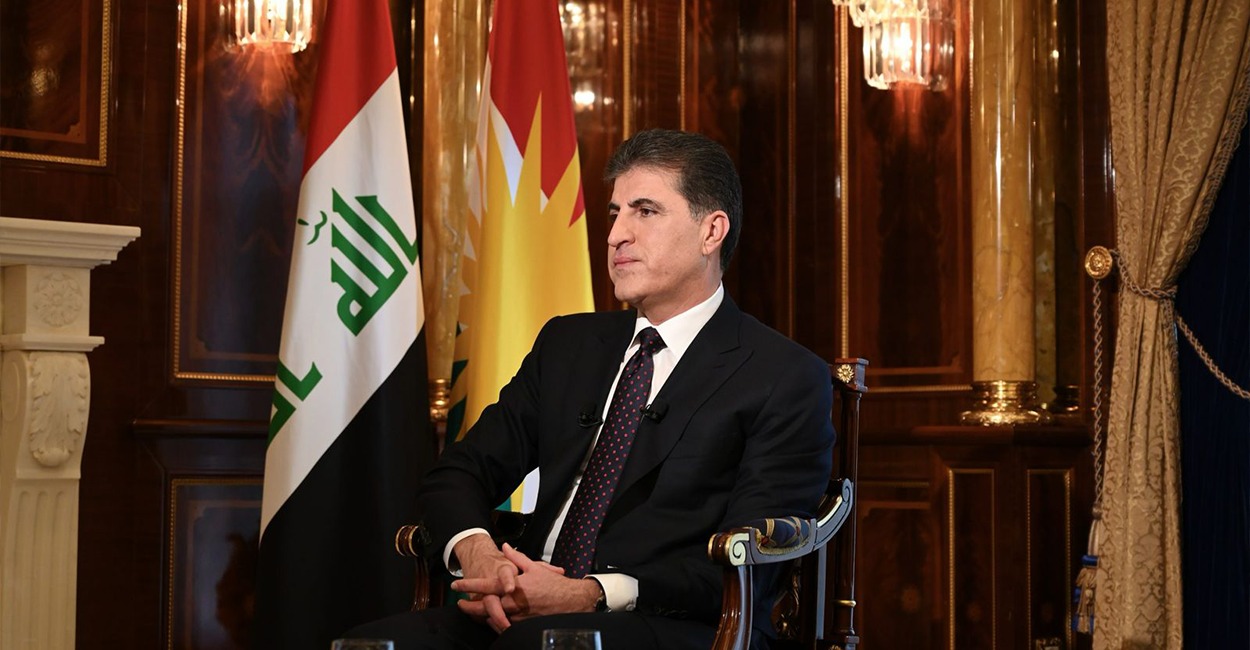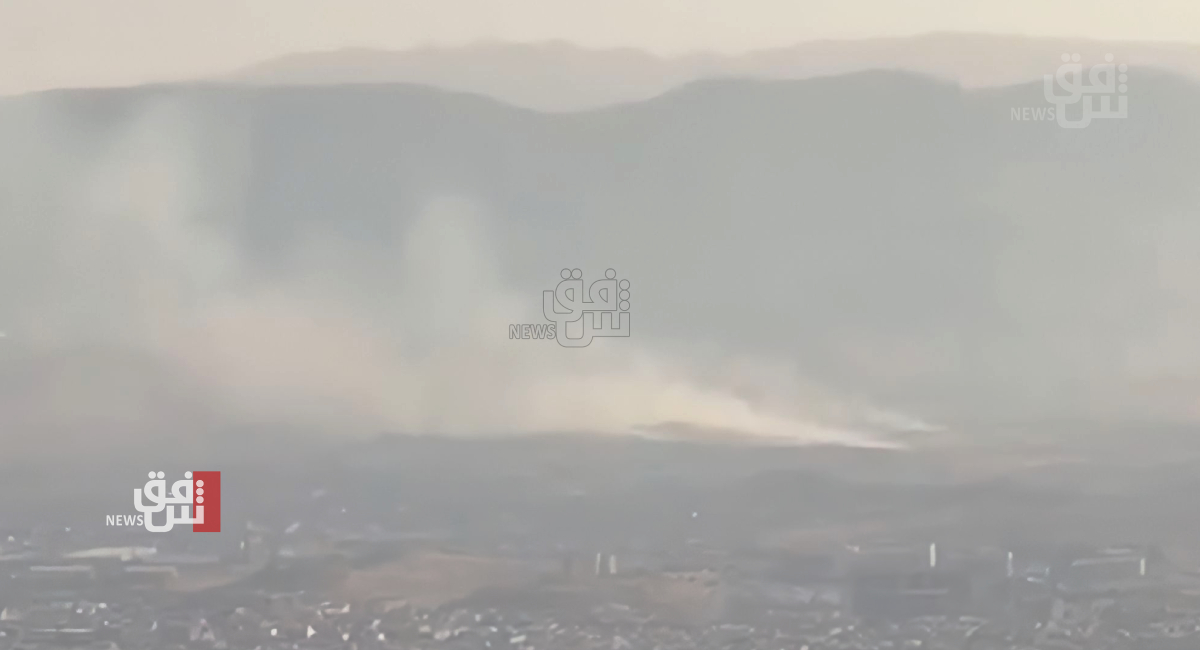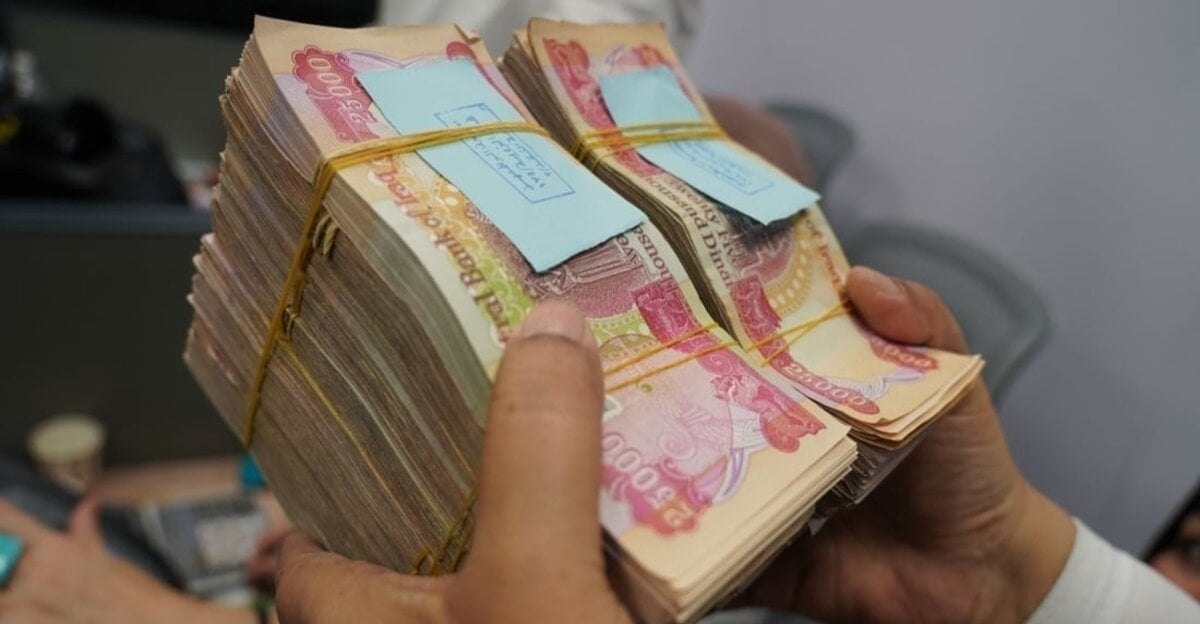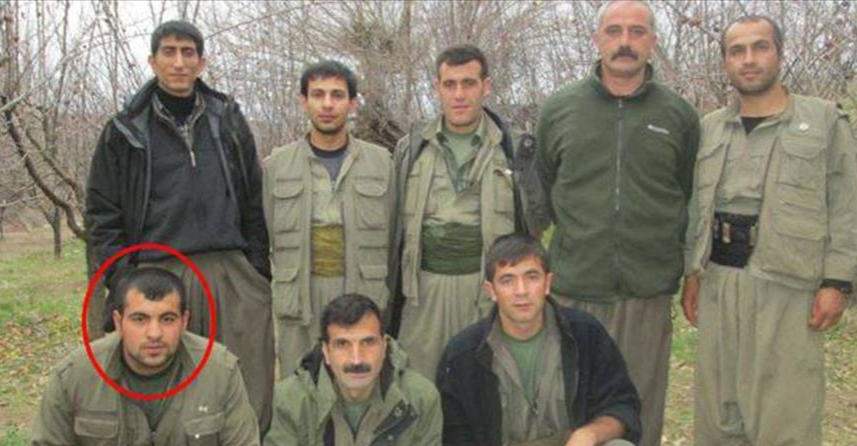Restoring lost tourist gem: Diyala seeks investors to exit "Stone Age"
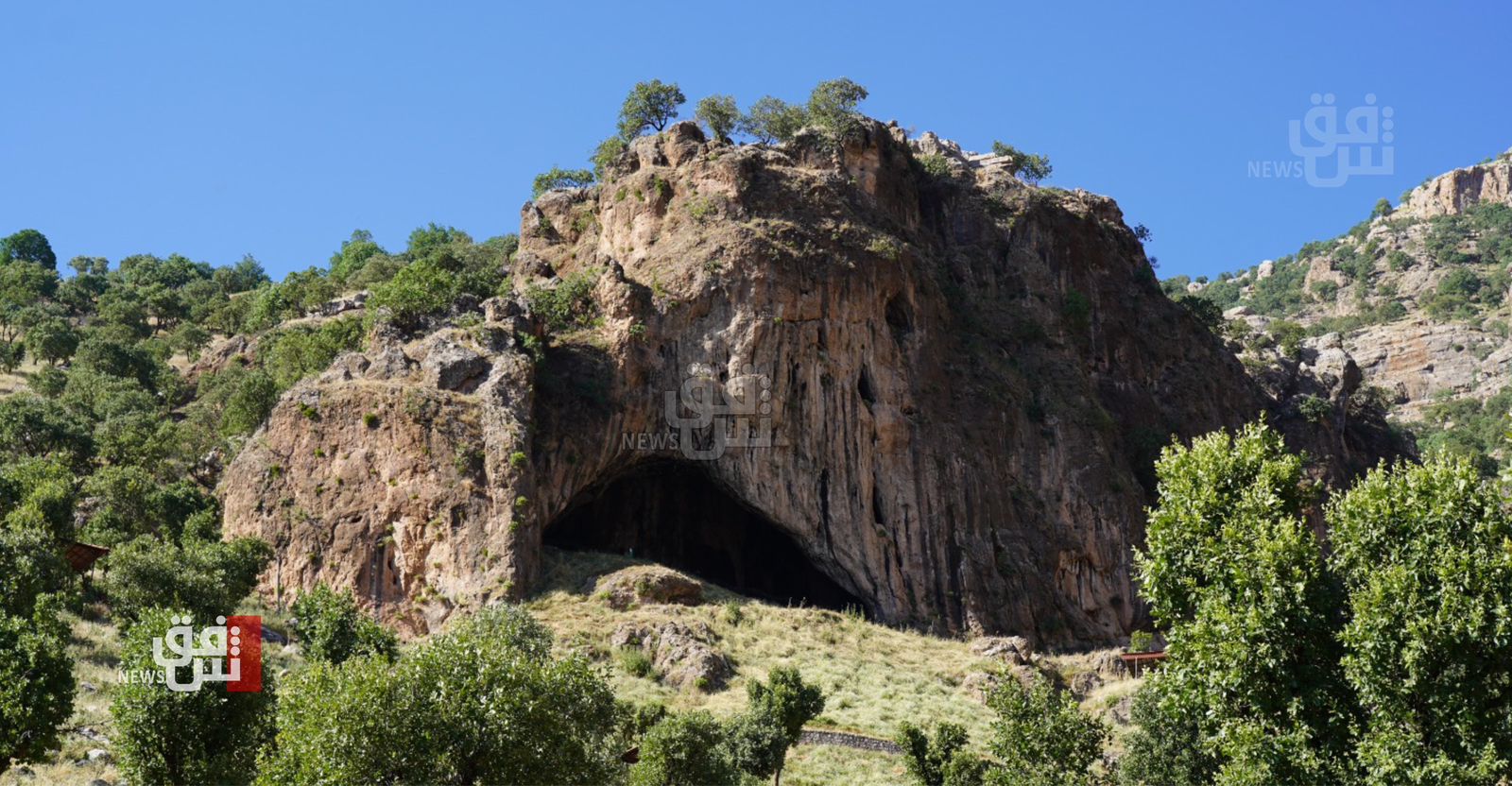
Shafaq News/ Groves of lush orchards cover the land, with towering palm trees bearing beautiful dates and waters stretching as far as the eye can see, flowing until they reach the furthest bounds set by the grand al-Sudour Dam (Diyala Dam). This structure remains one of the most vital irrigation projects in the Mansuriyah al-Jabal subdistrict of Al-Muqdadiyah district of Diyala Governorate.
However, traveling to the dam from the heart of Diyala's most significant district (Al-Al-Muqdadiyah) is a daunting task. One must abandon their vehicle and switch to a military vehicle or tank to endure the bumpy ride on the remnants of the roads leading to al-Sudour Dam.
The streets, stretching from the highway connecting Al-Muqdadiyah to the dam, are lined with destroyed shops. Some stand precariously next to their ruined neighbors, displaying various wares.
Midway towards the dam, the route shifts from right to left due to the impassable condition of the pathway.
A journey that should take ten minutes can stretch over half an hour to traverse a mere 10 to 15 kilometers by car. Everything lies in ruins, untouched by federal or local government efforts, as political factions continue to clash over the governor's position and other political spoils. The citizens need help finding navigable paths to commend governmental performance.
The roads are reminiscent of the Stone Age, covered with gravel instead of asphalt. Residents dream of modern, passable roads where they can walk and drive with ease, reflecting their frustration with the current state of infrastructure and the lack of governmental intervention.
ISIS Destruction and a Plan for Reconstruction
Zaid Ibrahim al-Azzawi, the mayor of Al-Muqdadiyah district, has revealed plans to announce al-Sudour tourist area in northeastern Diyala as an investment opportunity for its revival.
"The al-Sudour area suffered destruction and shelling during the periods of al-Qaeda's incursion and later the control of ISIS in 2014," al-Azzawi told Shafaq News Agency. "They destroyed the main road and dug tunnels to prevent the advance of security forces and the liberation of the area."
Al-Azzawi noted that al-Sudour tourist city has been presented as an investment opportunity through the Diyala Investment Authority.
"We are waiting for an investor interested in acquiring and developing it, as it is one of the vital projects for Al-Muqdadiyah. At one time, it was a significant tourist site in Iraq, hosting most festivals, including governmental and school trips, such as the Spring Festival, in addition to tourists during holidays and events," he said.
The mayor pointed out that the necessary surveys have been prepared to develop the five km-long main road leading to al-Sudour by expanding and fully rehabilitating it with all services. "We are currently awaiting financial allocation and referral to start the work."
Al-Azzawi affirmed that the security situation in the area is stable and free of violations, with all conditions set for investment. "The region has all the elements of tourism, including the dam, mountains, and river, making it suitable for building malls, chalets, restaurants, and hotels to attract tourists and support the Governorate's economy."
Residents of Al-Sudour Living in "Stone Age"
Residents of Al-Sudour, home of Diyala Dam, describe their living conditions as akin to the Stone Age due to the extensive destruction and lack of infrastructure.
"We live like we're in the first Stone Age," said Mohammed al-Jubouri, a resident, to Shafaq News Agency. "Everything is in ruins—no paved roads, unstable electricity, and even what little infrastructure we had is gone. It's something the residents can only dream of having restored."
Al-Jubouri lamented the area's lost beauty, once a prime tourist destination. "Nothing remains of the once-beautiful tourist site but ruins. The Ferris wheel, which was a major attraction in Al-Sudour, still stands as a testament to the thousands of students and families who once enjoyed its rides," he noted.
He emphasized the need for investment in the area, particularly for the Al-Sudour tourist complex, which covers 32 dunams and includes a casino, residential units, and a diverse terrain of plains, hills, and valleys descending from the Hemrin Mountains.
"This tourist facility was established in the 1960s by the Tourist and Resort Authority and was handed over to the provincial administration after the dissolution of the General Tourism Authority in 1987. After 2001, the Tourism Authority developed plans for a major project in the area, including a tourist village with several holiday homes, a modern amusement park, swimming pools, restaurants, casinos, banquet halls, and a marina for boats and yachts. The hills opposite the site were to be planted with various types of trees," al-Jubouri explained.
"With its distinctive geographical location and moderate climate, surrounded by farms and abundant fresh water from the Diyala Dam, the area has all the natural qualities needed for tourism," he added.
However, after 2003, this facility suffered from neglect and encroachment, turning into rubble due to terrorism and vandalism.
Ruined Roads and Failed Projects
Hakki al-Azzawi, a resident of Mansuriyah al-Jabal, expressed his frustration with the dilapidated state of the road between Muqdadiyah and the Diyala Dam (Sadd al-Sudour). "The road looks like something from the Stone Age," he told Shafaq News Agency. "We are baffled by this neglect. Haven't any officials traveled this road to see the destruction of the streets and the tourist area, which are now ruins? Everything is destroyed, and reeds cover the most important dam in Diyala."
Al-Azzawi noted that the late dictator Saddam Hussein and his deputy Izzat Ibrahim al-Douri favored this location. "They used to spend their time at the dam, which was once a popular destination for thousands of university students and families from all over Iraq," he recalled.
He criticized the Diyala provincial government for failing to develop the roads and invest in the dam area since 2004. "The Diyala administration and council have not managed to implement a project to develop the roads to Sadd al-Sudour or to offer the project for investment to turn the dam into a tourist attraction that could provide hundreds of jobs for young people," al-Azzawi stated.

